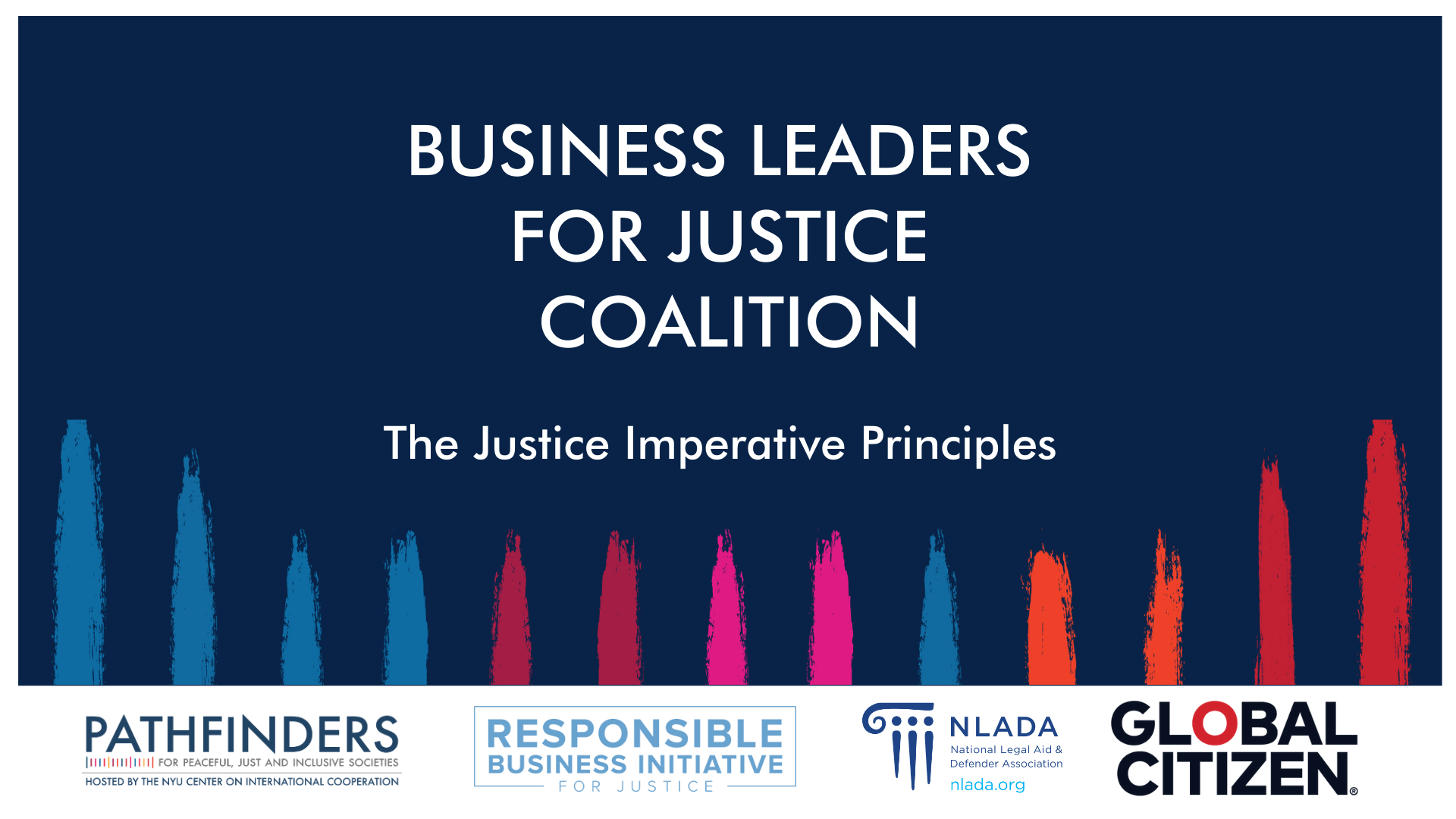A Second Chance to Stop the Great Resignation
Providing opportunities to incarcerated individuals can help contact centers: and society.
According to the U.S. Labor Department, a record 4.3 million Americans quit their jobs in August, 2021 and experts predict this trend won’t slow any time soon.
This phenomenon, known as the Great Resignation and which is occuring globally, refers to the droves of workers who are considering a job change as the COVID-19 pandemic restrictions ease and companies call employees back to the office.
So, as business leaders, what can we do to lessen the impact and ensure our companies withstand the Great Resignation?
One way is to widen the lens we use to view talent. There are between 70-100 million people in the U.S. alone that may be overlooked when it comes to sourcing talent. That’s an incredible number that includes people from all walks of life with varying skillsets and education. They may be your next perfect candidate.
There’s just one thing: they have a criminal record. That’s right. Approximately one in three Americans has a criminal record. These convictions make it difficult to secure employment if a company asks about a record or requires an individual to pass a background check.
And despite “ban the box” laws in 37 states, which require employers to remove criminal-history questions from employment applications, justice-impacted individuals continue to find themselves on the wrong side of a hiring interview.
As the CFO of a company that employs people impacted by incarceration, I see the transformative power of a second chance every day.
Both our inbound and outbound contact centers are staffed by some of the most loyal, talented, and intelligent people with whom I’ve had the pleasure to work. I can tell you for certain, when you purposely exclude this population, that you’re missing out on great talent.
But there are more reasons why you should consider second chance hiring.


